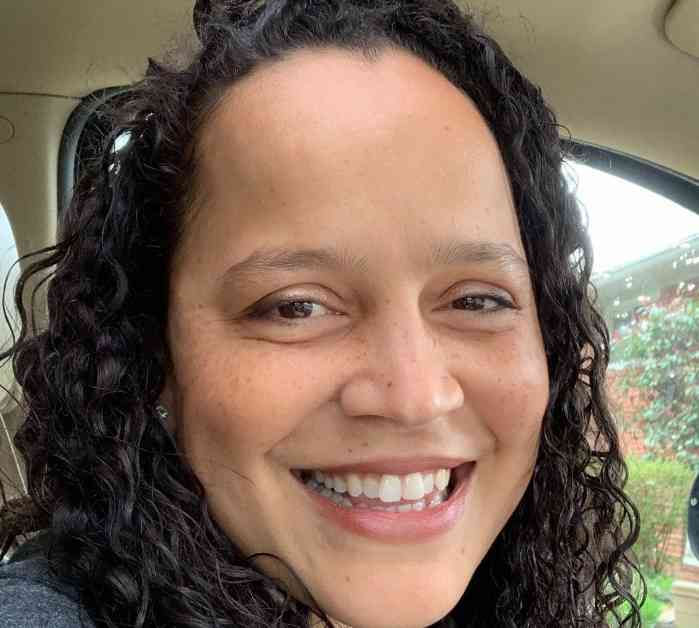The ninth edition of DC Startup and Tech Week began on October 21, attracting tech leaders from all over the country to Washington, D.C. for a week filled with innovation and collaboration. A standout moment during the first day was a keynote speech by Noelle Russell, the founder of the AI Leadership Institute and a Microsoft AI MVP. Russell’s speech focused on the theme “AI and the Future of Business.”
Russell’s address was not just a look into the future of AI in business; it was a personal and transformative story that intertwined her life experiences with the world of artificial intelligence. She emphasized the importance of ethics, inclusivity, and the human touch in shaping a future driven by AI.
Her journey into the realm of AI began with a personal struggle when her first child was born with Down syndrome. This life-changing event inspired Russell to work towards a more inclusive and accessible world, especially through the use of technology. Despite receiving insensitive medical advice after her son’s birth, Russell chose to carve her own path and create a world that would embrace individuals like her son.
Russell stressed the need to humanize AI development and integrate human values and ethics into the process. While AI can enhance a company’s message, it cannot replace the core human values that should underpin that message. She highlighted the responsibility of AI developers to consider diverse human experiences that are often overlooked in traditional tech development.
Drawing on her entrepreneurial spirit, Russell shared lessons on perseverance, innovation, and resilience. Despite facing skepticism at Amazon, she persisted in pursuing her interest in AI and went on to contribute to the development of Alexa and various AI-driven models. Russell emphasized the importance of thinking about the long-term consequences of AI and encouraged startups to consider the future potential of the technologies they develop.
The ethical dimensions of AI were a significant focus of Russell’s speech. She urged companies to embed ethical thinking into every stage of AI development and involve users in the design process. Russell emphasized the need to build AI systems with people, not just for them, to ensure inclusivity and prevent failures.
Russell believes that AI is a tool that can either amplify human potential or cause harm, depending on its usage. She shared a touching story about her father finding companionship in Alexa after a brain injury, highlighting how AI can offer comfort in situations lacking human interaction. She encouraged the audience to embrace AI as a co-pilot to automate tasks and allow humans to focus on creative work.
In conclusion, Russell stressed the importance of thoughtful leadership in the AI space and announced the launch of an AI incubator to help companies build AI-powered products that create meaningful value for customers. She believes that prioritizing ethics, inclusivity, and responsibility in AI development can lead to a future where AI serves humanity, benefiting everyone, especially those who need it the most.













